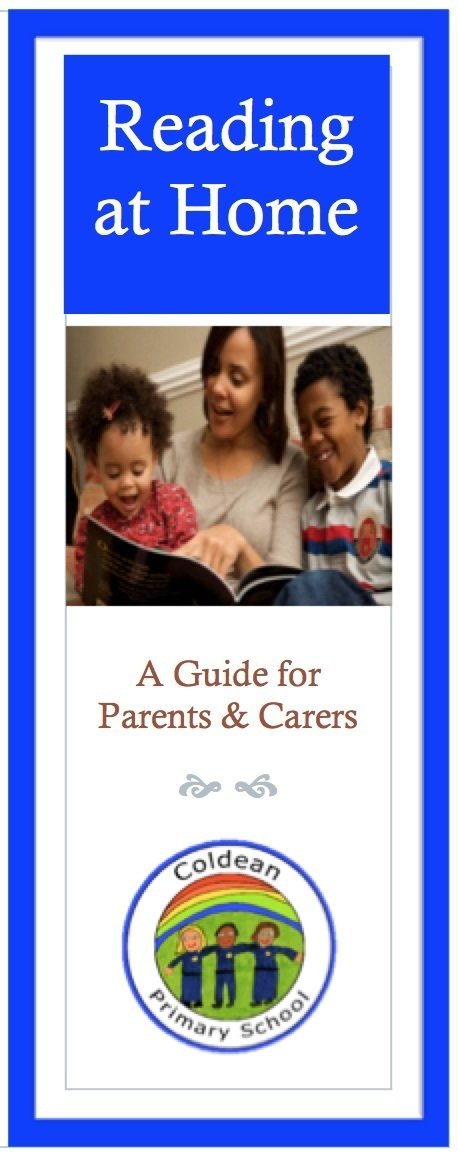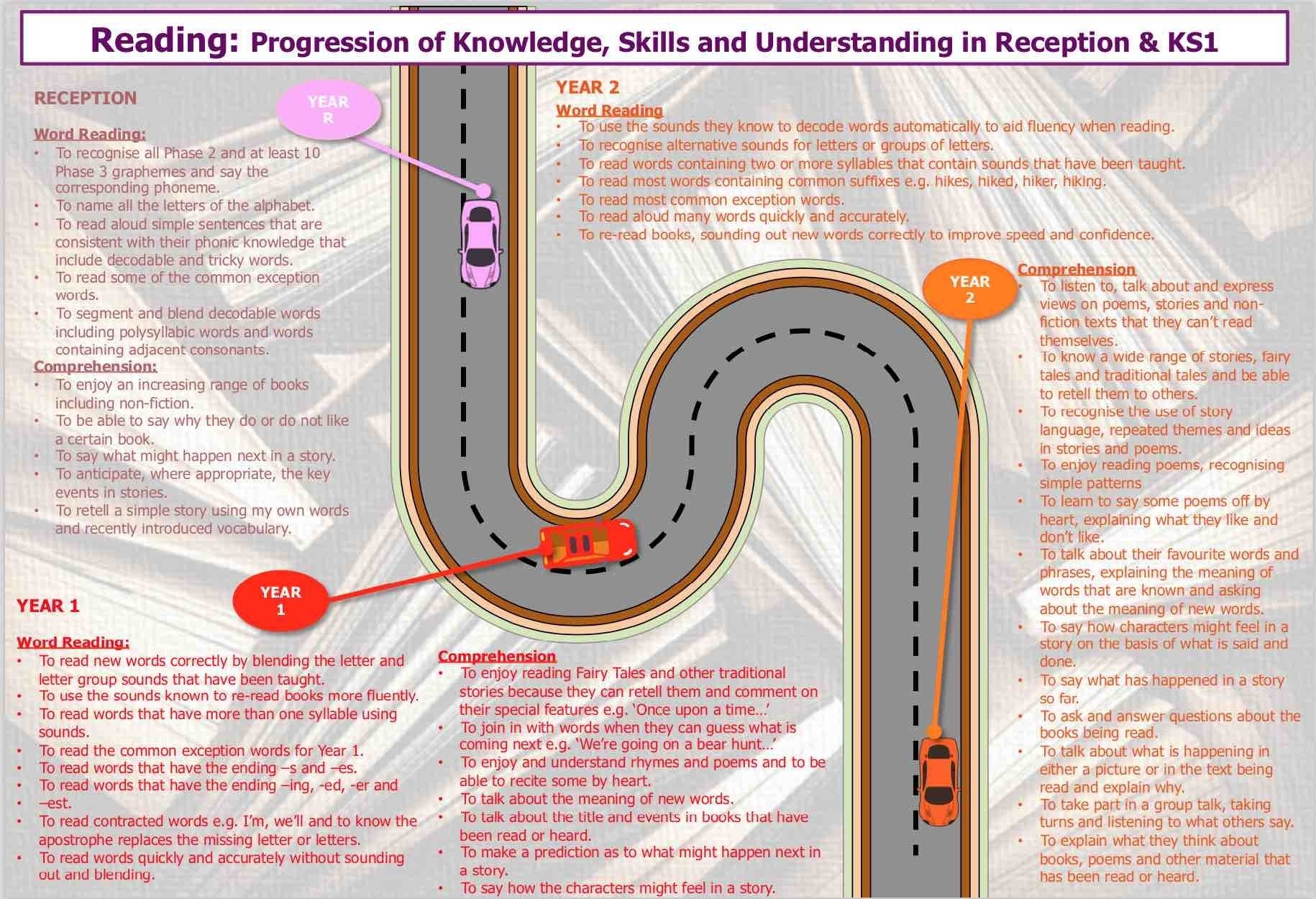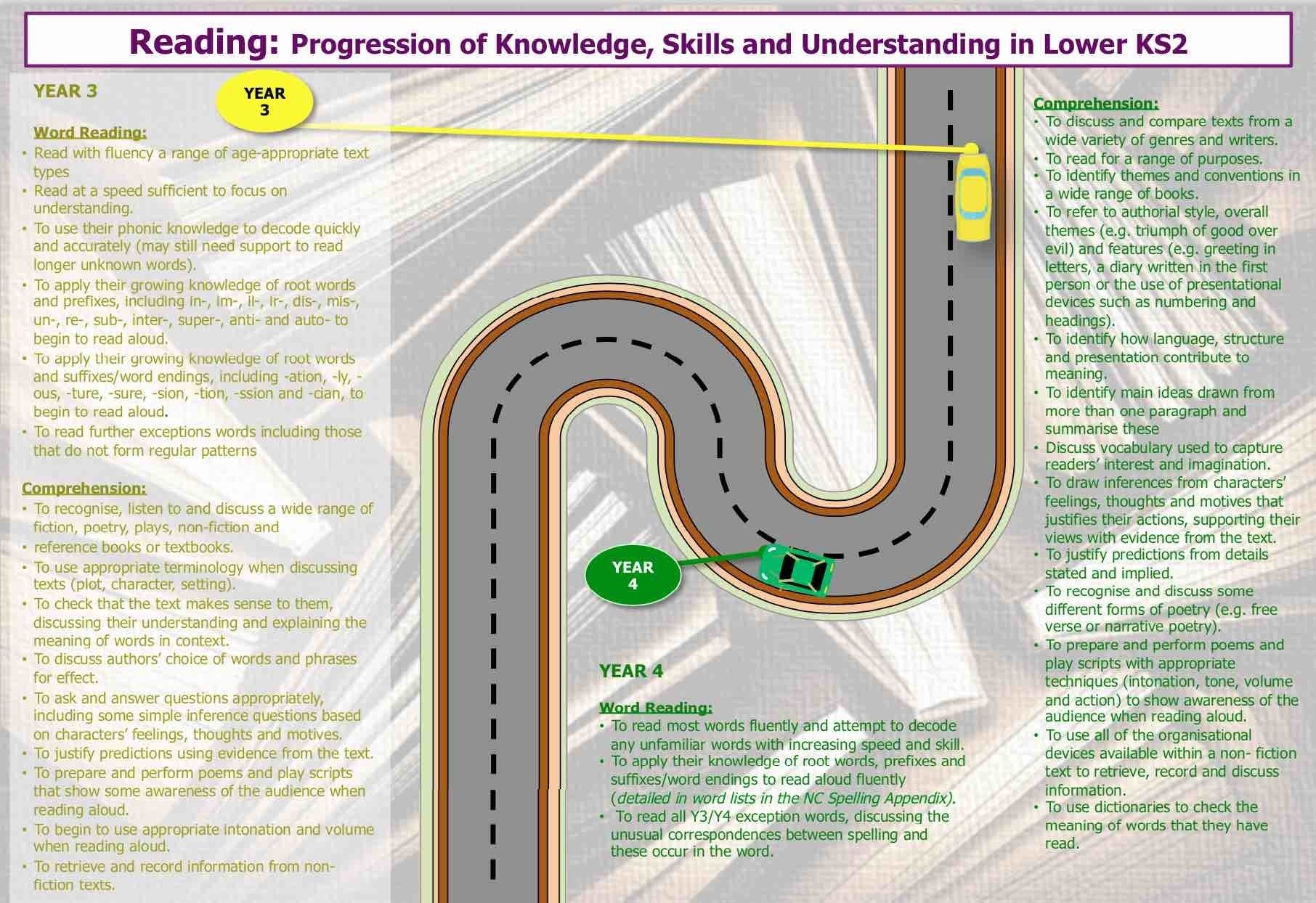Reading
"Reading (is) a strength and this has been sustained and remains a feature of the school."
"Teachers are knowledgeable, lessons are active and pupils enjoy the phonic games and readily join in."
"Leaders have carefully considered the range of books available in school. They have evaluated how books support pupils' understanding of diversity, equality, enrich their topics and fuel pupils' writing."
[Ofsted, 2017]
|
The ability to read is a key life skill. As a school we use a selection of strategies to enable children to become skilled readers. Phonics are a tool we teach to help children learn to read but it is by no means the only skill children require to be fluent readers. Our phonics programme has been developed over the years, with support from the English Hub. Children follow our rigorous, progressive phonics programme that fits in line with our Learning and Teaching Policy. To view our Reading Policy please click the image to visit our Policies page. All reading books are banded across the school and are linked to the national curriculum's age-related expectations. Children progress through the various stages as they become more confident readers. We have a very broad range of books for children to select from, including those from schemes such as Oxford Reading Tree and Collins Big Cats along with 'real' books such as "The Gruffalo". Online Resources |
|
Class teachers allocate digital reading books via Bug Club. Accessible both in school and at home, they are a great way to encourage further reading and each book has a series of questions to develop children's deeper understanding of the books they read. Your child's login details are available from their class teacher.
|
You can access Curriculum Visions to find different books to read, videos to watch and lots of other information to help develop children's knowledge of our taught curriculum. Books are organised by subject and topic and the whole site is searchable. Username: Coldean/1 Password: emailed to parent/carers |
|
Support for Parent/Carers We provide regular meetings for parents on how to best support their children in their reading development as well as various information to help support them when back at home. Our Reading At Home booklet offers lots of practical suggestions for parents/carers. There is a wealth of material online to support reading at home. As a school we ensure that all children have access to electronic books via Bug Club (link on right) but you can also access books and excellent information via the Oxford Owl website. |
 |
|
The teaching of reading is carefully planned across the school so that children's knowledge and skills are built upon progressively. This progress is encapsulated in our Reading Assessment Criteria sheets. |
||||||
| STAGE 1 | STAGE 2 | STAGE 3 | STAGE 4 | STAGE 5 | STAGE 6 | |
|
|
 |
 |
 |
 |
 |
 |
|
Check out our Reading Roadmaps to see what new knowledge and skills the children will be learning as they progress through the school. |
||
| EYFS & YEARS 1 & 2 | YEARS 3 & 4 | YEARS 5 & 6 |
|
READING |
READING |
READING |
 |
As a school we encourage the children to read a variety of exciting books. We have created a list of 100 books that we would strongly recommend that all children have experienced before they leave Primary School. How many of the books have you read? Children can borrow these texts from our special '100 Book Library', but please remember to return them to school once you have finished reading them!
To find out further information about our 100 books, click on the image to the left. |
Although the books we send home are fully decodable the children will encounter 'Common Exception Words'. These are words that can not be phonetically sounded out and just need to be remembered. We hope that all children can read and spell the common exception words for their year group.
| RECEPTION COMMON EXCEPTION WORDS |
| YEAR 1 COMMON EXCEPTION WORDS |
| YEAR 2 COMMON EXCEPTION WORDS |






















